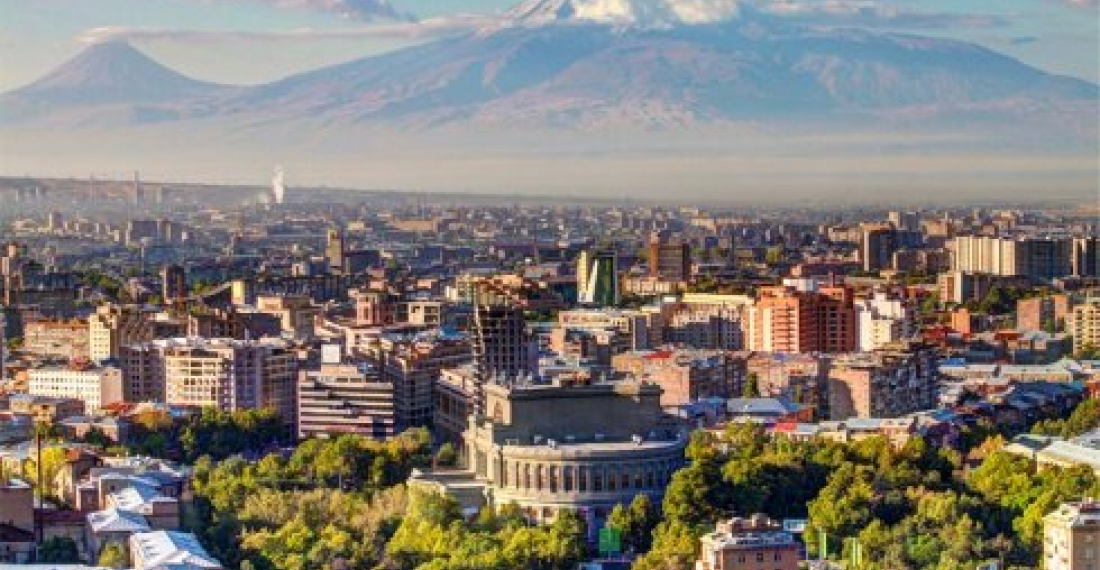The people of Yerevan are today voting to elect a new sixty-five member city council, known locally as the Council of Elders, in an election that will provide a first test for the political forces that came to power in the spring amid street protests.
The election was triggered after the city Mayor Taron Margaryan, who was backed by the previous government led by the Republican Party of Armenia (RPA), resigned. The RPA has not fielded any candidate in the election.
The twelve political forces running in the elections, (with the name of their likely Mayorial candidate in brackets), are:
Prosperous Armenia party (Naira Zohrabyan),
Yerevan Community bloc (Anahit Tarkhanyan,
Yerevan Residents bloc (Ararat Zurabyan),
Yerkir Tsirani party (Zaruhi Postanjyan),
Heritage party (Raffi Hovannisian),
Democratic Way party (Manuel Gasparyan) ,
My Step bloc (Hayk Marutyan),
Luys bloc (Artak Zeynalyan),
ARF Dashnaktsutyun (Mikael Manukyan),
Hayk party (Gevorg Hovsepyan),
Reformists party (Artak Avetyan),
Orinats Yerkir party (Mher Shahgeldyan).
"My step", the party of prime minister Nikol Pashinyan, is expected to perform well, but the question is whether it will perform well enough. Gagik Tsarukyan's "Prosperous Armenia", is however mounting a serious challenge in the poor areas of Yerevan where the party has over the years developed an intricate system of patronage.
Polling closes at 20.00 Armenian time (16.00 GMT).
Source commonspace.eu with agencies
photo: General view of Yerevan with Mount Ararat in the background (archive picture)







